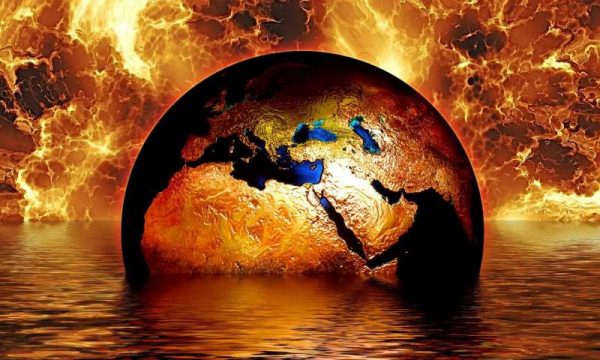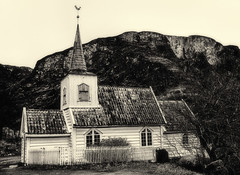John Chung-En Liu and Andrew Szasz. 2019. “Now Is the Time to Add More Sociology of Climate Change to Our Introduction to Sociology Courses.” Teaching Sociology.

Young people around the world want to talk about climate change. Intro to Sociology classes could capitalize on students’ interest by demonstrating how sociological thinking is useful for understanding it. For instance, one unit could focus on the factors that make social movements–like the Youth Climate movement–effective. Another could illustrate how inequalities in housing and access to resources mean that climate change will disproportionately impact less advantaged. Still others could show how our socialization shapes how we think about the importance of protecting the environment, or how social institutions can impact climate change and its effects.

